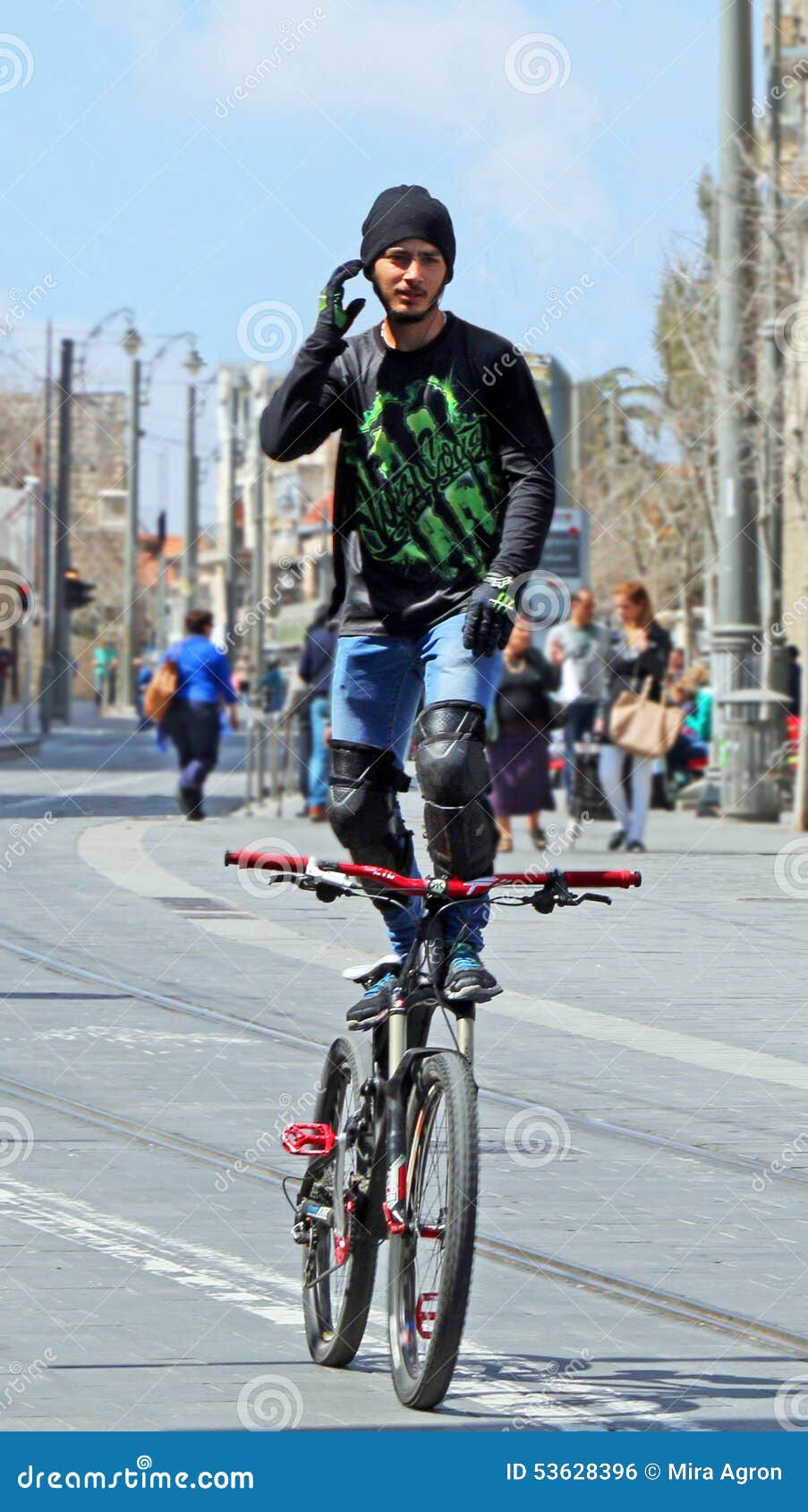No matter how much you've cycled, it seems that any time you decide to pedal any further than the nearest corner, someone will tell you you're crazy.
The people he would meet in Rockport became his friends--and, some might say, relatives after he arrived. You see, he was motivated to take his ride by seeing the television coverage of Hurricane Harvey, which devastated so much of the Lone Star State's Gulf Coast. "I decided that it was just time to come to do whatever I could to help," he explained.
That is what happened to Jeff Whitehead when his neighbors learned he was riding from his home in Laguna Park, near Waco, to Rockport, in another part of Texas.
About 300 miles separate Laguna Park from Rockport. Jeff Whitehead wasn't going that distance to train for a randonnee or race, see a monument, meet some personal goal or visit a friend or relative. At least, he wasn't going to see any relatives or friends he knew before he took his ride.
The people he would meet in Rockport became his friends--and, some might say, relatives after he arrived. You see, he was motivated to take his ride by seeing the television coverage of Hurricane Harvey, which devastated so much of the Lone Star State's Gulf Coast. "I decided that it was just time to come to do whatever I could to help," he explained.
The destruction wrought by Harvey would make driving a car impossible. That was one reason why Whitehead decided to ride his bike. Another is that being on two wheels, instead of four, and not being surrounded by metal and glass "made it easier to go around talking to people" because his mode of transportation had him "in the same boat as they are." Still, he realized that because he could take that ride, he was luckier than they: "I did it through a choice; they didn't have one."
His neighbors still might think he was crazy. To me, he's no crazier than any one of us who's gone out of our way to help strangers--or ridden a bike 300 miles. In other words, he's as crazy as any other dreamer or hero. And I'm sure the folks in Rockport appreciate whatever form of insanity Jeff Whitehead might possess!

